Page 8 • (93 results in 0.047 seconds)
-
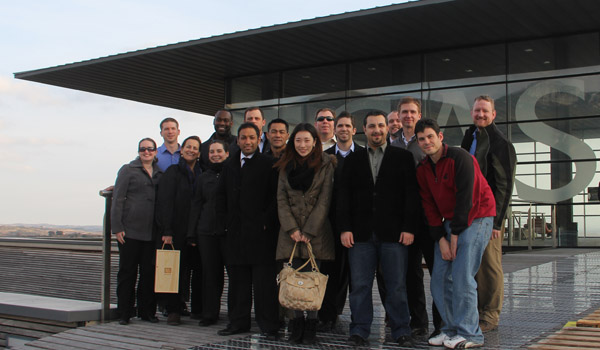
The Value of an International Education Professor Matt Monnot took a group of MBA students to Spain in 2012. Both undergraduate and graduate business programs are built on the opportunity to study away By Barbara Clements Denise Petryk ’12 knew that an MBA would help…
thing, but I felt that having the opportunity to go to Germany with a German speaker was much better than someone who wasn’t fluent with the language,” she said of her trip last year. “And global relations, especially now, are just so important to understanding the rest of the world.” The curriculum for the PLU MBA program includes a 10-day international experience, which began in 2007 with a trip to France. Some of the other countries included in the itineraries since then have been China, Vietnam
-
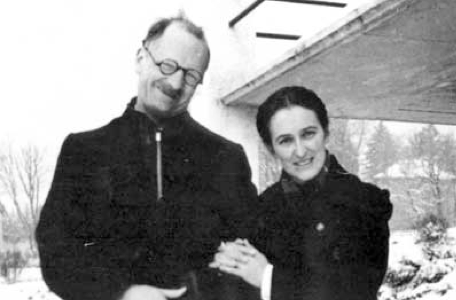
Nelly Trocme Hewett’s parents, Andre and Magda Trocme Hiding in Plain Sight: The Story of Rescue in Le Chambon, France By Barbara Clements Content Development Director I t all started in the area of Le Chambon-sur-Lignon, France, when a lone, and unexpected, Jewish refugee showed…
until the end of the war, said Hewett, who was a teenager at the time of the rescues. Hewett describes her parents as strong and dedicated people who had amazing stories even before the war. André Trocmé was born to a strict Calvinist father and a German Lutheran mother, and became a Protestant minister and dedicated pacifist. Because he was a conscientious objector, he was marginalized by the leaders of the French Protestant church. Magda Grilli di Cortona was Italian on her father’s side, Russian
-

Life-Changing Connections Across Time and Continents The ‘Namibia Nine’ film crew on location, from left: Andrea Capere, Princess Reese, Joanne Lisosky, Melannie Denise Cunningham, Shunying Wang, Maurice Byrd. PLU Film Team Spends a Month in Namibia Exploring Transformative Experiences in Higher Ed—Including Their Own By…
at PLU.” Tjiramba began his journey at PLU in 1990. To get here, he competed with more than 800 of his fellow high-school graduates in a study-abroad program put together by Namibian Lutheran churches in collaboration with their American and German counterparts. Tjiramba majored in Communication at PLU, went on to earn a Master’s Degree from California State University-Fullerton and just this year graduated from the University of Namibia with a degree in law. Tjiramba’s Namibian PLU colleagues
-
Spring, 2022 This issue marks an important transition for the Division of Humanities. As of this summer, the Humanities programs —English, Languages & Literatures, the Language Resource Center, the Master of Fine Arts in Creative Writing, the Parkland Literacy Center, Philosophy, and Religion— will merge…
humanities can and should learn from the living presence and complex reality of non-human animals. And the “intellectual and aesthetic transformations” that our teaching makes possible are reflected in the pedagogical insights of professors Jen Jenkins and Kirsten Christensen, who explain their interdisciplinary approach to teaching the literature and cultural history of the German-speaking world. The Energizing Challenge of Diversity In 1993, Dean Paul Menzel noted the division’s concerted efforts to
-
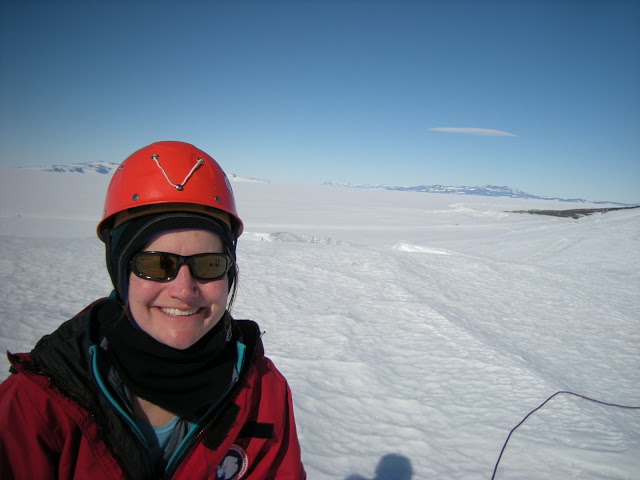
Lutes See The World During J-Term Assistant Professor of Geosciences and Environmental Studies Claire Todd on an earlier research trip to Antarctica. Students and Professors Will Travel to and Study on All 7 Continents By Brenna Sussman ’15 PLU Marketing & Communications Student Worker TACOMA,…
programs, Europe will host four groups of students this winter. With a German Studies class going to Germany, an Education class to Hungary, and Literature and Religion classes to Greece, students will explore all corners of the continent. In Europe, students will experience everything from student teaching in Budapest to home-stays in Berlin and weekend trips to the Greek islands of Santorini and Rhodes. North America J-Term Study Away programs don’t always mean students are leaving the country; they
-
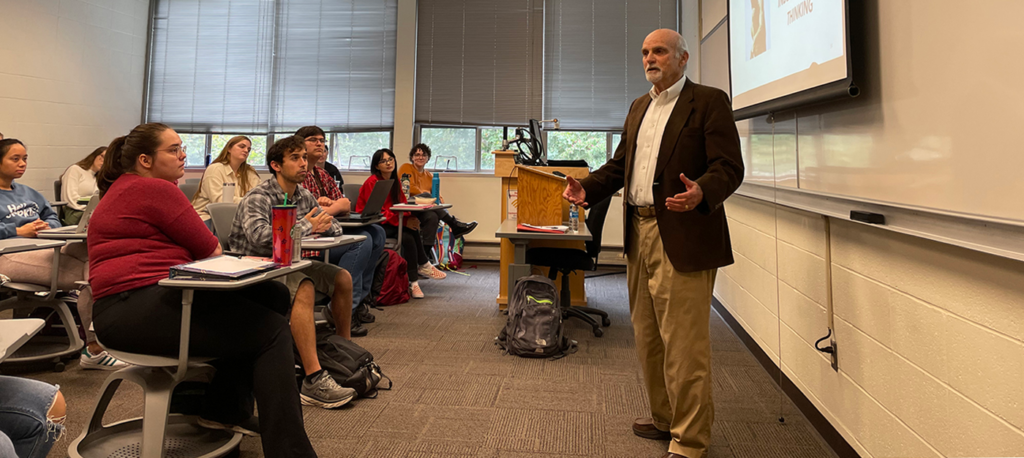
“There is nothing comfortable about studying genocide,” Beth Griech-Polelle, a Pacific Lutheran University history professor and the Kurt Mayer Chair in Holocaust Studies, says. “It’s filthy, violent, degrading, and the worst of humanity.” Yet Griech-Polelle says the study and discussion of these atrocities are crucial…
the minor but is also a general education course open to all PLU students. Professors from the history, English, German, religion, social work and Hispanic Studies departments worked together to create the course to allow students to investigate the intersections of dehumanization, violent oppression, cultural destruction, and war. “We wanted to highlight the interdisciplinary and global focus of Holocaust and Genocide Studies beyond studying the history alone,” remembers PLU English professor and
-

What if, by donating just an hour of your time, you could change someone’s life. Twenty years ago, while still attending her Central California high school, Kristina Garabedian heard about a pastor’s intriguing invitation. The pastor asked church members to reach under the pews and…
. Leftovers are braided into dog and cat toys, or stuffing for cat and dog beds. Garabedian is a canine fan, and shares her home with three rescues — a labradoodle, lab-great Dane, and lab-German shorthaired pointer mix. While fleece tie blankets are made throughout the year, there’s usually a big push starting on Black Friday weekend that continues through January. Garabedian uses crowdfunded and traditional donations to buy the fabric from Joann Fabrics. Popular blankets include Disney princesses and
-
Originally Published in 1990 It would appear that Louis XIV never said: “L’ état, c’est moi.” The researches of modern historians have produced no credible witness attesting that France’s Sun King pronounced this coldly witty laconism. But just try to find a modern history of…
. Contemporary philosophers like Alasdair MacIntyre (After Virtue) and David Carr (Time, Narrative and History) consider narration, or story-telling, to be inseparable from human experience. According to them, there is less to be feared from self-consciousness about the narration of history than might be at first expected. But that is, as they say, another story. Expanding the Mind in German StudiesCutting Medicine Down to Size Read Previous Expanding the Mind in German Studies Read Next Cutting Medicine
-
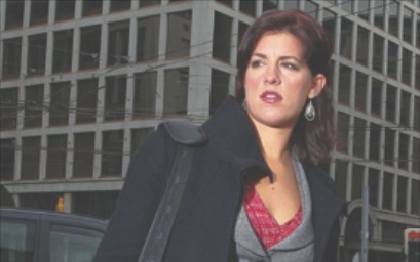
Americans Abroad By Steve Hansen When Jennifer Henrichsen came to PLU, she had every intention of majoring in biology and psychology, and then moving on to medical school. Ambitious – and admirable – plans. But halfway into her sophomore year, she had something of an…
led to – well, who knows? That part of Henrichsen’s life hasn’t been written yet. There certainly is no shortage of opportunity ahead. For the time being, Henrichsen will continue to immerse herself in her masters program, while continuing to work on her French and German language skills, as well. To do that in Geneva invigorates her. “When I’m in a press conference [at the U.N.] I feel like the world is literally at my fingertips,” she said. “That kind of information is exhilarating. I find it is
-
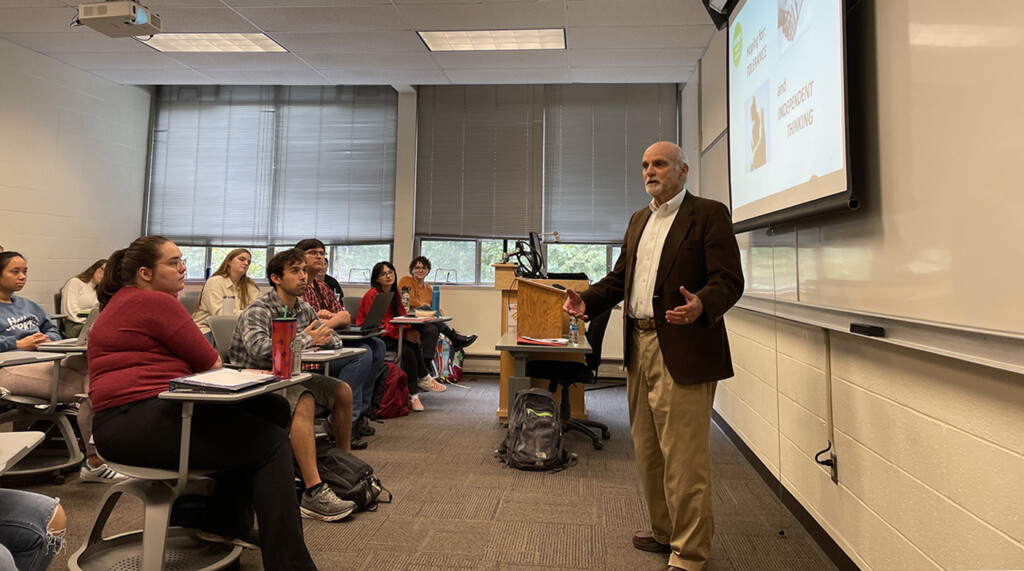
“There is nothing comfortable about studying genocide,” Beth Griech-Polelle, a Pacific Lutheran University history professor and the Kurt Mayer Chair in Holocaust Studies, says. “It’s filthy, violent, degrading, and the worst of humanity.” Yet Griech-Polelle says the study and discussion of these atrocities are crucial…
reflection on this subject begins with the “Introduction to Holocaust & Genocide Studies” course, which serves the minor but is also a general education course open to all PLU students. Professors from the history, English, German, religion, social work and Hispanic Studies departments worked together to create the course to allow students to investigate the intersections of dehumanization, violent oppression, cultural destruction, and war. “We wanted to highlight the interdisciplinary and global focus
Do you have any feedback for us? If so, feel free to use our Feedback Form.


